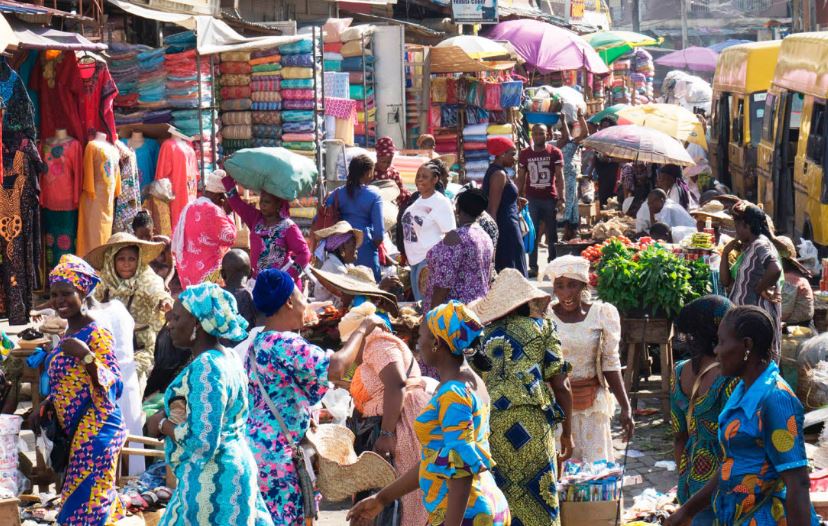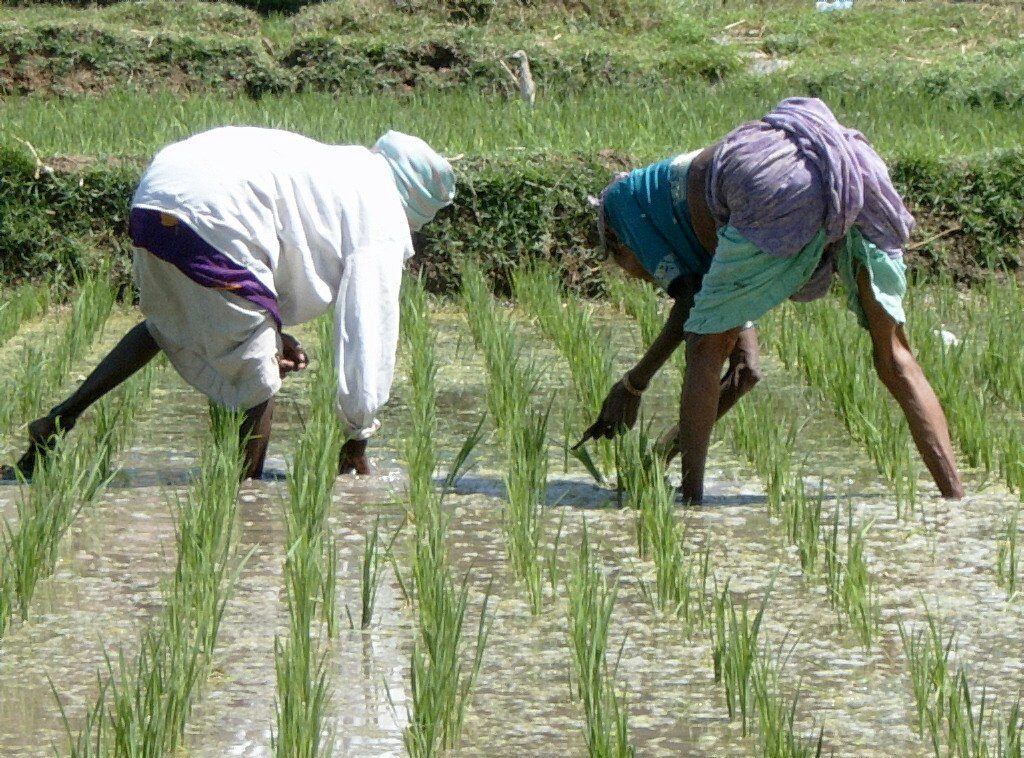
The outbreak of Coronavirus (COVID-19) pandemic in Nigeria has led to soaring food prices in the country, thereby making Nigerians to call on the federal government to come to their rescue.
The Federal Ministry of Health had on February 27, 2020, confirmed the first case of COVID-19 pandemic in Lagos State, since the beginning of the outbreak in China in January 2020.
The case is an Italian citizen who works in Nigeria and returned from Milan, Italy to Lagos, Nigeria on the 25th of February 2020. He was confirmed by the Virology Laboratory of the Lagos University Teaching Hospital, part of the Laboratory Network of the Nigeria Centre for Disease Control.
However, since the outbreak, the cases in the country has continued to rise marginally. As at 8th of July, 2020, the total cases in the country has surpassed 30, 000, with a total of 684 deaths.
This also made the President, Muhammadu Buhari to institute a task force team, with the mandate to combat the outbreak, which thus, lead to the establishment of a lockdown directive to mitigate the spread of the virus
In line with the lockdown directive, which is currently on its second phase, prices of commodities have skyrocketed, as foodstuffs sellers, farmers blame the rise to the hike in transportation fares.
READ ALSO: Poultry farmers bleed as Banks deny agribusiness funding
According to a survey by iBrandTV shows that the increase in the number of post-COVID-19 food losses was one of the key factors responsible for the surge in food prices across the country.
Markey Survey
iBrandTV gathered that items worst hit by the sudden increase in prices include rice, beans, semolina, garri, yam flour and other cooking ingredients like groundnut oil, tomatoes and pepper, amongst others.
With the post-COVID-19 harvest losses due to persistent lockdown and other measures, farmers and traders are compelled to shift the cost to the final consumers.
This quite explained the noticeable 50 to 100 per cent sudden increase in prices of some food items across major markets in the country.
For instance, a survey by iBrandTV shows that a bag of Honey Beans (Oloti) now sells for N31,000 instead of the old price of N24,000, while a four-litre plastic of the item now costs N1,100 from N850.
A bag of local rice which hitherto sells for N21,500 had increased to N24,000 depending on the brand and a big plastic cup is now N2,200 from N1,800.
The price of 25 litres of groundnut oil has risen to between N14,000 and N14,500 from N12,500 and N13,500, respectively.
The worst-hit amongst all the foodstuffs is the price of garri. Before the lockdown, a bag of garri goes for N11,000, but now the price has risen more than 100 per cent to N22,500
Need for FG intervention
Making a case on the need for the Federal and State Governments intervention, an NGO group, Women Advocacy for Sustainable Development and Growth (WASDG), hinted that, the noticeable increase in prices of some food items and cooking ingredients occasioned by various preventive measures to curtail COVID-19 spread was a source of concern to the organisation.
READ ALSO: GBfoods completes N20 Billion Tomato processing factory in Kebbi
According to Mrs Folashade Adeyemi, the group’s Chief Executive Officer, the development which has drastically reduced the purchasing powers of Nigerians, can lead to unimaginable negative implications for the welfare and wellbeing of the citizenry, if not checked.
Adeyemi said the call for such intervention was based on a recent in-depth research finding made to various markets by the organisation in order to be abreast of the present prices of consumable items.
Adeyemi underscored the need for government at all tiers to substantially increase funding for agricultural practices in order to boost production, yield and income.
She also called for specific assistance for farmers dealing in perishable items to ensure adequate storage of their produce amidst the COVID-19 lockdown and other preventive measures.
Also, the Chairman of Pally Agro Group, Mr. Onyeagu Nwapali stated that the assurance needed to ensure food security in Nigeria goes further than putting up advertorials on various media outlets, advertising single-digit interest rates.
“Countries that have achieved food security, leverage on government intervention from supply chains to avoid hoarding of raw and finished products by business brokers.”
He also stated that the company had distributed four trucks of eggs to healths worker and COVID-19 patients in efforts to cushion the effect of the COVID-19 lockdown.
He also advised the federal government on workable strategic plans toward reviving the nation’s economy away from post-COVID-19 imminent recession regime.

